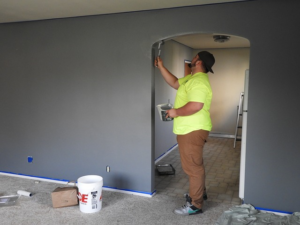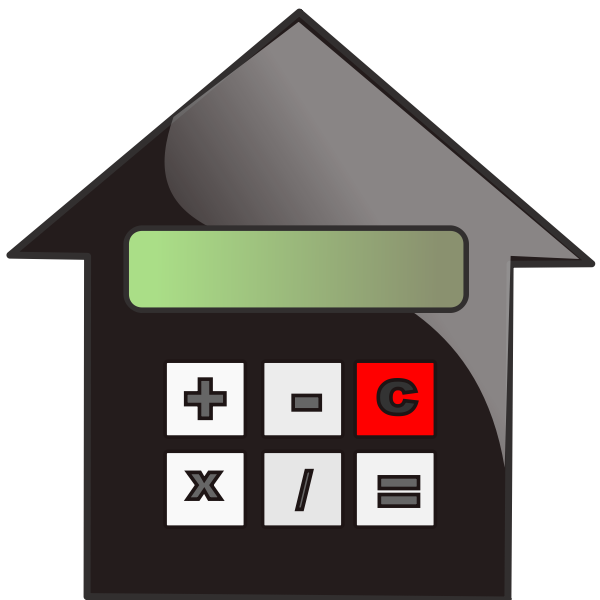
What Does “ Clear to Close ” Mean?
Once a borrower receives a ” clear to close ” from the lender, it means they are one step closer to a VA loan. It signifies that the lender has concluded the underwriting review, has verified all necessary documents, and has confirmed that you meet all stipulations to close on your loan. Basically, you are now only one step away from closing on your home!
But being “ clear to close ” means a lot on your way to closing your loan you’re on the right track but there are still a few more steps to complete. These steps are important to ensure a smooth process.
What Happens After We Are Clear to Close?
1. How the Closing Disclosure is issued
Once your lender clears you to close, it will send you a Closing Disclosure, which details your loan, at least three business days prior to your closing date. This document details your final loan terms, including:
- Loan amount
- Interest rate
- Monthly mortgage payments
- Closing costs
- Other loan-related fees
This document should be carefully reviewed to ensure that the terms articulated are consistent with what was agreed to in the first place. If you see anything amiss, alert your lender right away to mitigate any possible problems before you close.
2. Property Final Walk-Through
The last step before closing is to conduct a final walk-through on the property. This step ensures that:
- The property is in the condition that was agreed upon
- All negotiated repairs have been made
- No new damages have occurred
The final walk-through usually takes place within 24 hours prior to closing. It allows you to confirm that the home is move-in ready and that no unexpected issues have arisen.
3. Attending the Closing Meeting
At the closing meeting, you will sign all paperwork, complete your loan, and pay any outstanding closing costs. Attendees typically include:
- The buyer (you)
- The seller
- Real estate agents
- A closing agent or attorney
- A representative from a title company
When all is signed and you’ve paid, you’ll get the keys to your new house.
VA Loan Interest Rates: How They Can Affect You
VA loans: With interest rates among the most competitive in respect to conventional loans, one of the biggest perks of VA loans is their interest rates. VA loan rates are often lower because these loans are guaranteed by the Department of Veterans Affairs, which minimizes the risk of borrower default for the lender.
How Your Loan Is Impacted by Interest Rates
The interest rate for your VA loan will dictate how much you pay in interest overall for the loan. A lower interest rate means:
- Increased monthly affordability in terms of repayments
- More money for investment over the long term
- More affordable path to conventional homeownership

How VA Loan Interest Rates Are Determined
The interest rate you qualify for depends on a few different factors:
- Credit Score: Higher credit scores get lower interest rates.
- Loan term: Shorter-term loans (such as 15 years) tend to have lower rates than their 30-year counterparts.
- Market Conditions Overall interest rate trends are affected by economic factors and Federal Reserve policies.
- Lender Policies: Different lenders may have slightly different rates.
VA Loan Interest Rate: How to get the best one
To get the best interest rate you can:
- You can keep a good credit score by timely paying bills and being low on debt.
- Shop around and compare offers from various VA-approved lenders.
- You could either put a larger down payment (if you can) down as a lower-risk for the lender.
- Lock in your interest during favorable market conditions.
Avoid these potential pitfalls before closing
Some financial activities can risk your loan approval after you reach something called “clear to close”. To avoid delays, do not do the following:
- Changing Jobs or Income: Lenders check employment immediately before closing. Changes in employment status can throw the process off.
- LBO: Loans, Balances and more: Making large purchases will increase your debt-to-income ratio, making it difficult to obtain a loan.
- It’s important to note that opening or closing credit accounts can have an impact on your credit profile, and thus your loan terms.
- In most cases, lenders want to see the paper trail when you make big deposits. Cash transactions that are not explained can trigger red flags.
Preparing to Close
Follow these steps to create an easy closing process:
- Read All Documents: Make sure you understand the terms and ask if not.
- Get Money: Have a cashier’s check or wire transfer ready to cover the closing costs and your down payment.
- Have Proper Identification: You will need a government-issued photo ID to close.
- Confirm Homeowners Insurance Your lender will need proof of an active homeowners insurance policy prior to closing.
Conclusion
Getting to “clear to close” in a VA loan is a huge milestone. Looking at the final steps, avoiding common pitfalls and getting competitive interest rates can help greatly. Maintaining open lines of communication with your lender and real estate professionals will help you navigate the process smoothly and ensure that your dream of homeownership becomes a reality.


